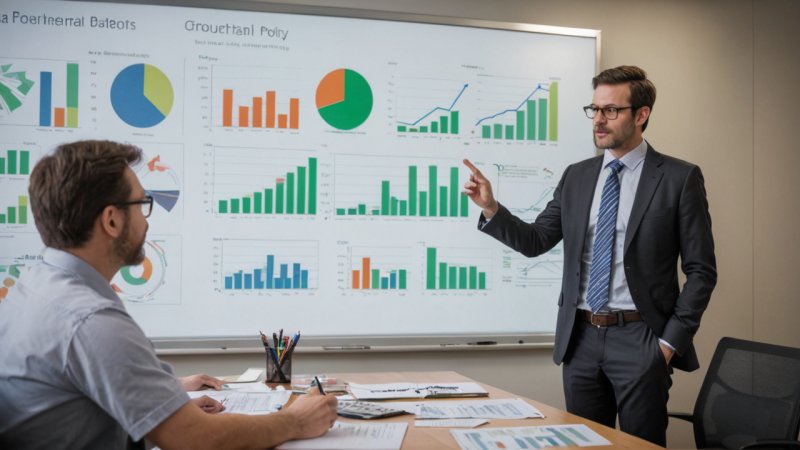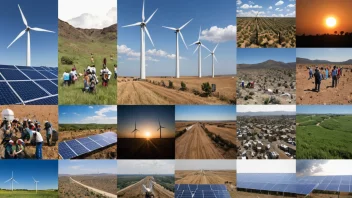In our quest to understand the intricate landscape of environmental policy and governance, we had the opportunity to engage with Dr. Emily Carter, a fictional leading expert in environmental science and policy. With over 20 years of experience in the field, Dr. Carter has worked with various international organizations to address climate change and develop sustainable governance frameworks. This interview is designed to provide insights into the top challenges currently faced in environmental policy and governance, while being entirely hypothetical and engaging for our readers.
Understanding the Complexity of Environmental Governance
Interviewer: Dr. Carter, can you explain what you see as the primary challenges in environmental policy today?
Dr. Carter: Absolutely. The primary challenges can be categorized into several key areas. First, there’s the issue of fragmentation. Environmental governance often involves multiple stakeholders, including governments, NGOs, communities, and businesses, each with their own agendas and priorities. This fragmentation can lead to conflicting policies and ineffective implementation.
Balancing Economic Growth with Sustainability
Interviewer: That makes sense. What about the economic aspect? How does that play into environmental governance?
Dr. Carter: Economic growth is a significant challenge in environmental policy. There’s often a tension between pursuing immediate economic benefits and ensuring long-term sustainability. For instance, countries rich in natural resources may prioritize extraction and export over conservation. This short-term thinking compromises our ability to implement effective environmental policies.
Public Perception and Engagement
Interviewer: Public perception of environmental issues is critical too, isn’t it? What role does it play?
Dr. Carter: Exactly. Public engagement is vital for successful environmental governance. Misinformation can skew public perception, leading to apathy or resistance against necessary policies. We need to prioritize education and transparent communication to foster a more informed public that understands the importance of sustainable practices.
International Cooperation and Agreements
Interviewer: How does international cooperation factor into these challenges?
Dr. Carter: International cooperation is crucial, especially for issues like climate change that transcend national borders. However, achieving consensus can be incredibly difficult due to differing national interests, economic capabilities, and levels of development. Agreements like the Paris Accord represent progress, but implementation remains a challenge.
The Role of Technology in Environmental Governance
Interviewer: Technology has been touted as a solution to many problems. What’s your take on its role in environmental policy?
Dr. Carter: Technology indeed offers solutions, particularly in data collection and analysis, which can inform policy decisions. However, there’s a double-edged sword here. While technology can facilitate innovation in renewable energy or conservation efforts, it can also lead to increased consumption and waste if not managed properly. Therefore, a balanced approach is necessary.
Future Directions in Environmental Policy
Interviewer: Looking ahead, what do you think are the most promising areas for progress in environmental governance?
Dr. Carter: I believe integrating environmental considerations into all policy areas—known as mainstreaming—is vital. This means that every sector, from agriculture to urban planning, should consider its environmental impact. Additionally, fostering local governance and community-led initiatives can lead to more tailored and effective environmental policies.
Conclusion: A Path Forward
Dr. Emily Carter’s insights shed light on the multifaceted challenges facing environmental policy and governance today. From fragmentation and economic pressures to public engagement and international cooperation, the road ahead is complex. However, by emphasizing education, integrating sustainability across policies, and leveraging technology responsibly, we can navigate these challenges and work towards a more sustainable future. While this interview was fictional, the issues discussed are very real and require our collective attention and action.






